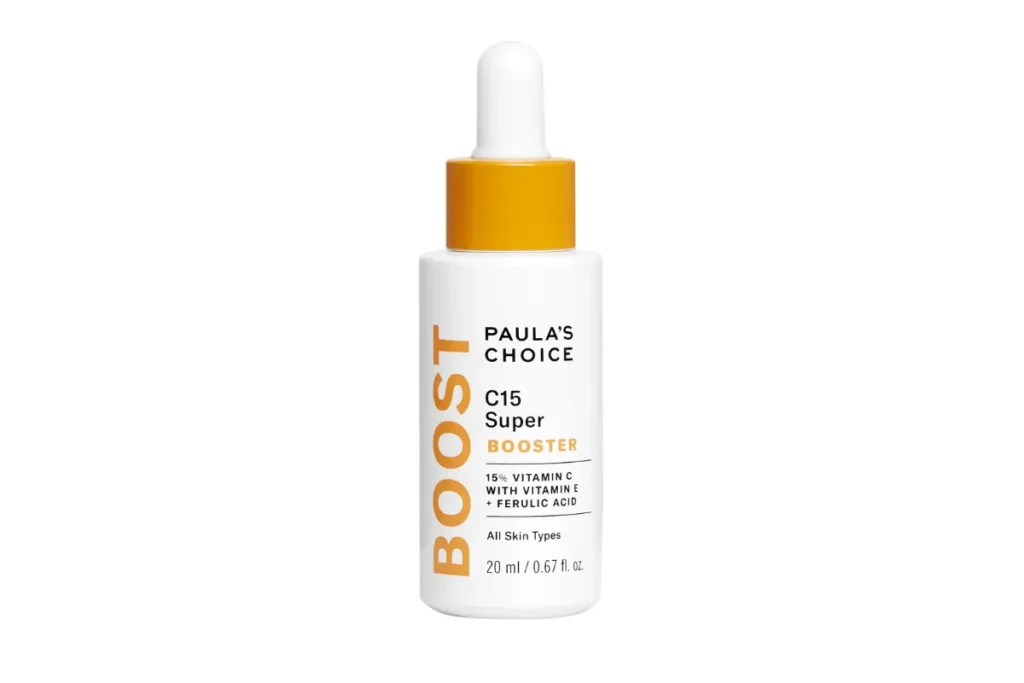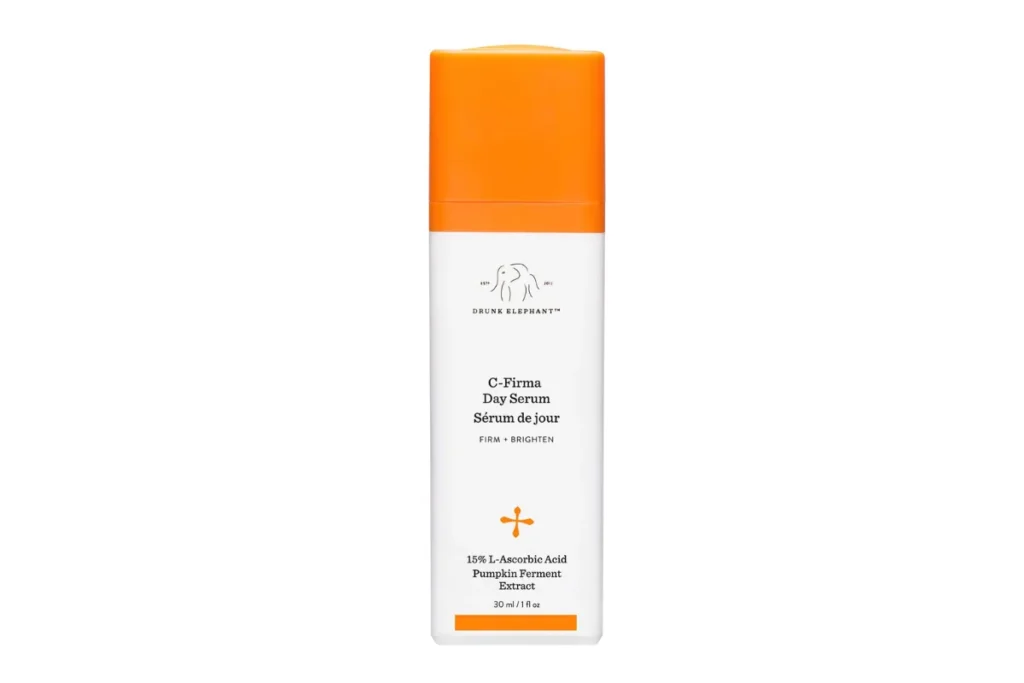In the ever-expanding world of skincare, few ingredients have garnered as much attention and acclaim as vitamin C.
Revered for its potent antioxidant properties and remarkable ability to rejuvenate the skin, vitamin C has become a cornerstone in many skincare routines.
One of the most popular ways to harness the benefits of vitamin C is through the use of serums.
In this comprehensive guide, we will delve into the multifaceted world of vitamin C serum, exploring its benefits, the variety of products available, best practices for use, and potential side effects.
Understanding Vitamin C Serum:
Vitamin C, scientifically known as ascorbic acid, is a water-soluble vitamin renowned for its antioxidant properties.
When applied topically in the form of a serum, vitamin C can provide a multitude of benefits for the skin, including brightening, firming, and protecting against environmental aggressors.
Vitamin C serums typically contain a stable form of vitamin C, along with other complementary ingredients to enhance efficacy and stability.
Benefits of Vitamin C Serum:
Antioxidant Protection:
Vitamin C is a powerful antioxidant that helps neutralize free radicals, protecting the skin from oxidative stress and environmental damage.
Brightening:
Vitamin C inhibits melanin production, leading to a more even skin tone and reduction in hyperpigmentation, dark spots, and sun damage.
Collagen Synthesis:
Vitamin C stimulates collagen production, promoting skin elasticity, firmness, and reducing the appearance of fine lines and wrinkles.
Hydration:
Vitamin C helps strengthen the skin’s barrier function, improving moisture retention and hydration levels.
UV Protection:
While not a substitute for sunscreen, vitamin C can enhance the skin’s natural defense against UV damage and support sun protection efforts.
Choosing the Right Vitamin C Serum:
With a plethora of vitamin C serums available on the market, selecting the right one can be daunting.
Consider the following factors when choosing a vitamin C serum:
Form of Vitamin C:
Look for serums containing stable forms of vitamin C, such as ascorbic acid, sodium ascorbyl phosphate, or tetrahexyldecyl ascorbate.
Concentration:
Opt for serums with a concentration of vitamin C ranging from 10% to 20% for optimal efficacy.
Additional Ingredients:
Some vitamin C serums contain additional ingredients like vitamin E, ferulic acid, or hyaluronic acid, which can enhance stability and provide additional skincare benefits.
Packaging:
Choose serums packaged in opaque or dark-colored bottles to protect against degradation from light exposure.
How to Use Vitamin C Serum:
Proper application is crucial to maximize the benefits of vitamin C serum:
Cleanse Your Skin:
Start with a clean, dry face to ensure optimal absorption of the serum.
Apply a Few Drops:
Dispense a small amount of serum onto your fingertips and gently pat or massage it into your skin.
Avoid the Eye Area:
Vitamin C serums can be irritating to the delicate skin around the eyes, so it’s best to avoid this area.
Allow Absorption:
Allow the serum to fully absorb into your skin before applying additional skincare products.
Use Sunscreen:
Vitamin C serums are best used in the morning as part of your daytime skincare routine. Follow up with a broad-spectrum sunscreen to protect your skin from UV damage.
Potential Side Effects of Vitamin C Serum:
While vitamin C serum is generally well-tolerated by most skin types, some individuals may experience mild irritation or sensitivity, especially when using higher concentrations or formulations. Common side effects may include:
Stinging or Tingling:
Some users may experience a mild stinging or tingling sensation upon application, particularly if the serum has a low pH or high concentration of vitamin C.
Redness or Irritation:
In rare cases, vitamin C serum may cause redness, irritation, or a rash, especially in individuals with sensitive or reactive skin.
Photosensitivity:
Vitamin C can make the skin more sensitive to sunlight, so it’s essential to use sunscreen daily and avoid prolonged sun exposure when using vitamin C serum.
Popular Vitamin C Serum Products:
SkinCeuticals C E Ferulic:

A cult-favorite among skincare enthusiasts, this serum combines 15% L-ascorbic acid with vitamin E and ferulic acid for maximum antioxidant protection and collagen synthesis.
Paula’s Choice C15 Super Booster:

This lightweight serum contains 15% vitamin C along with vitamin E and ferulic acid to brighten the skin, reduce hyperpigmentation, and improve overall skin texture.
Drunk Elephant C-Firma Day Serum:

Formulated with 15% L-ascorbic acid, pumpkin ferment extract, and a potent blend of antioxidants, this serum helps firm, brighten, and protect the skin from environmental damage.
The Ordinary Vitamin C Suspension 23% + HA Spheres 2%:

A budget-friendly option, this serum contains 23% pure L-ascorbic acid suspended in a water-free formula to brighten, firm, and improve skin texture.
Conclusion: Harnessing the Power of Vitamin C Serum:
Vitamin C serum is a versatile skincare powerhouse that offers a multitude of benefits for the skin, including antioxidant protection, brightening, collagen synthesis, and hydration.
By choosing the right serum, incorporating it into your skincare routine, and following best practices for use, you can unlock the full potential of vitamin C serum and achieve a brighter, healthier complexion.
While potential side effects exist, they are typically mild and can be mitigated with proper usage.
With regular use, vitamin C serum can help you achieve radiant, youthful-looking skin that glows from within.
